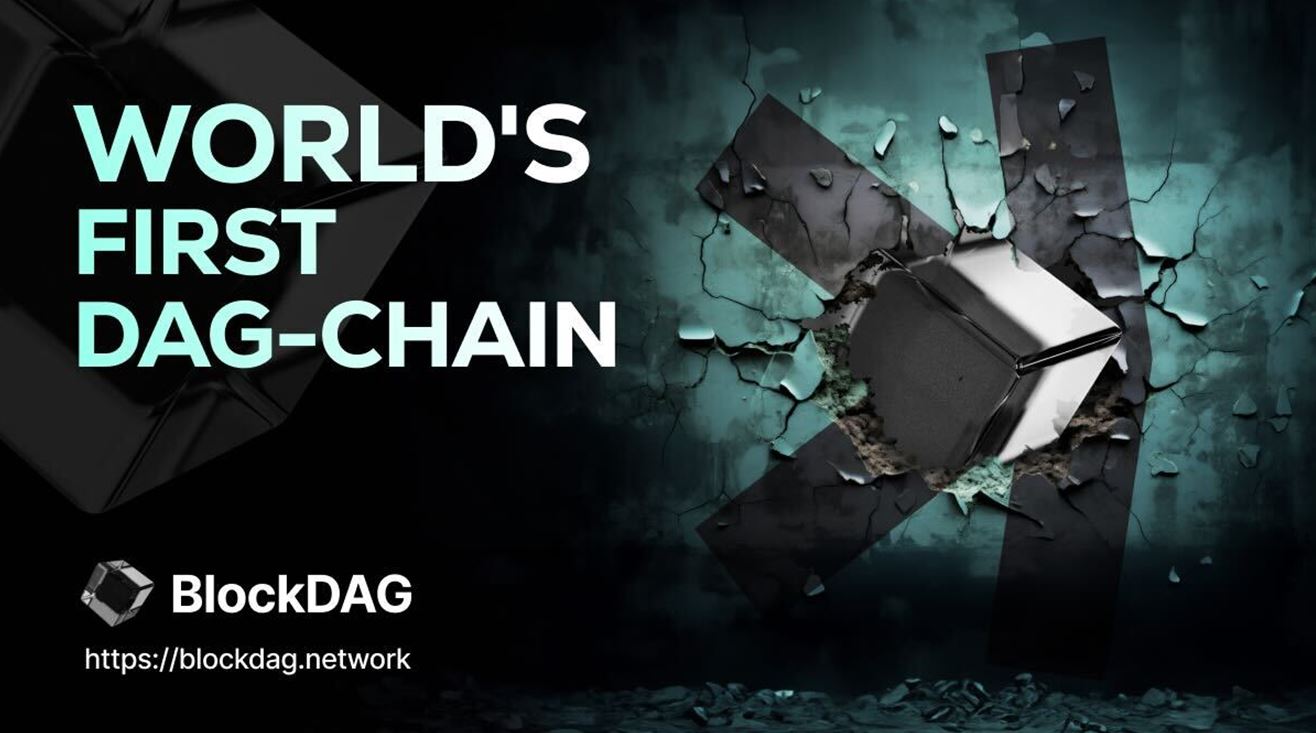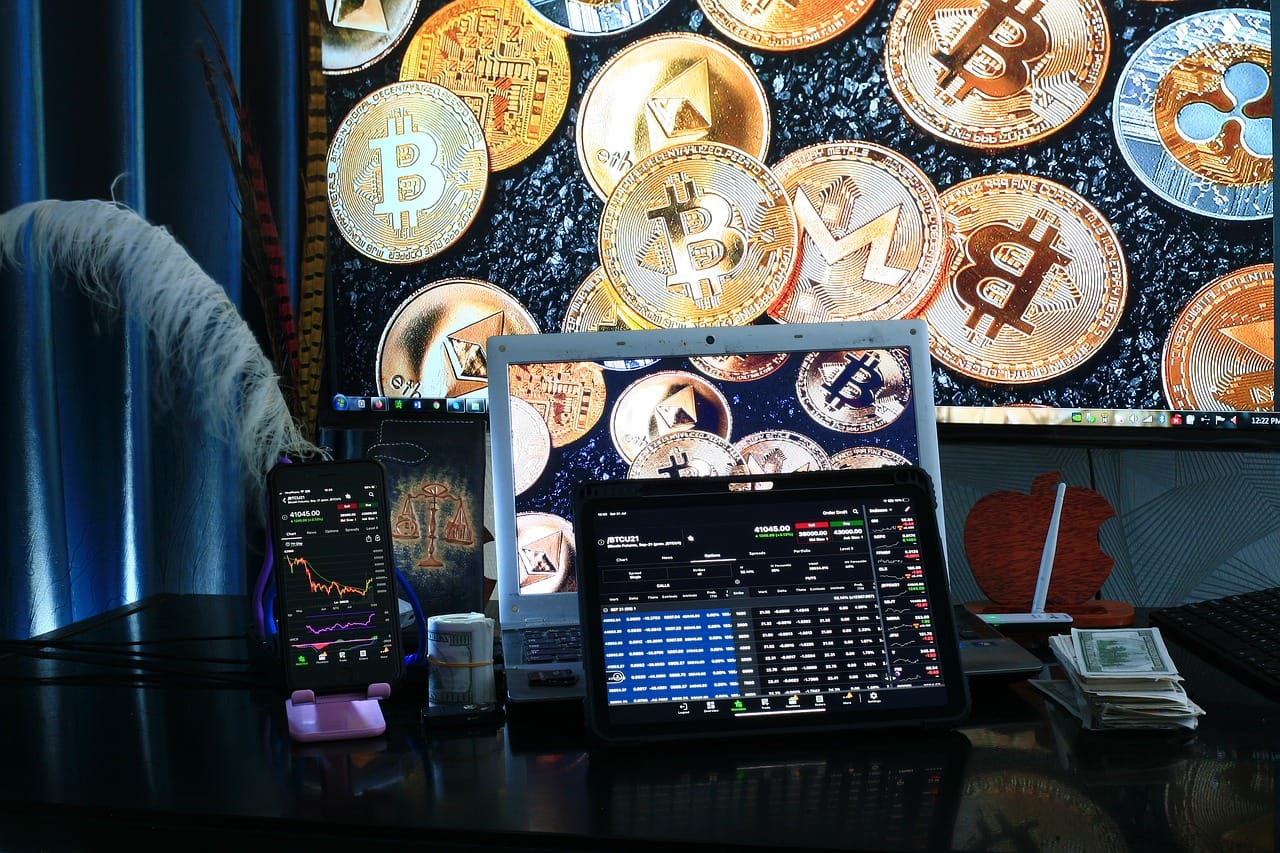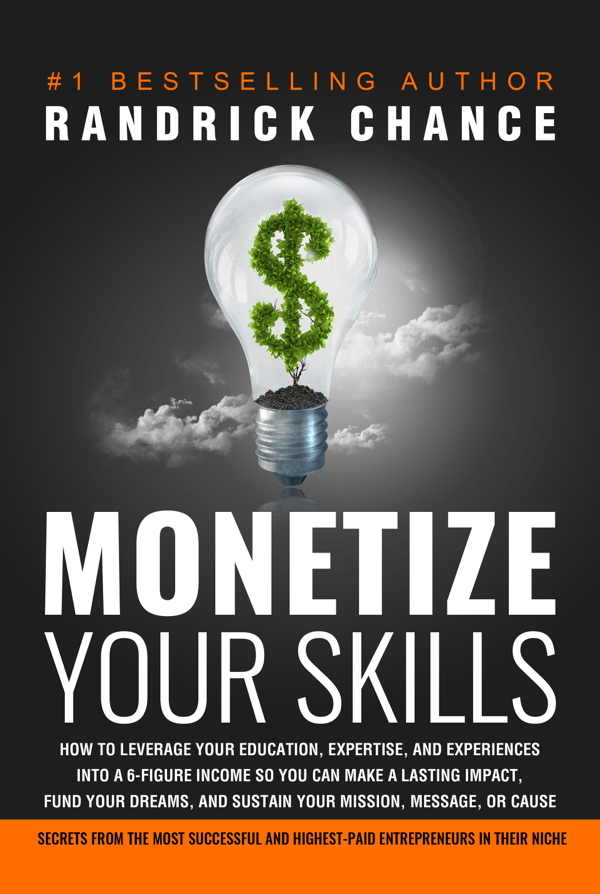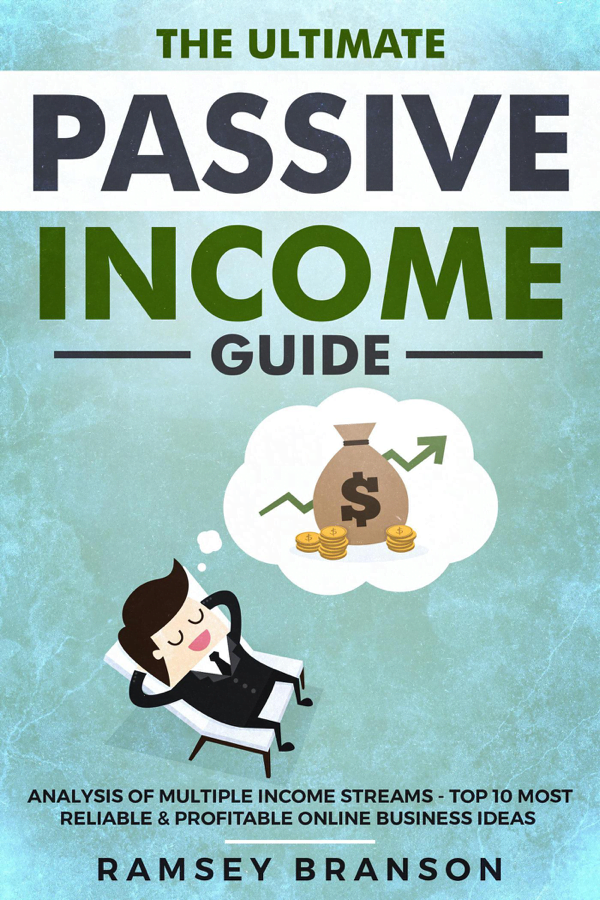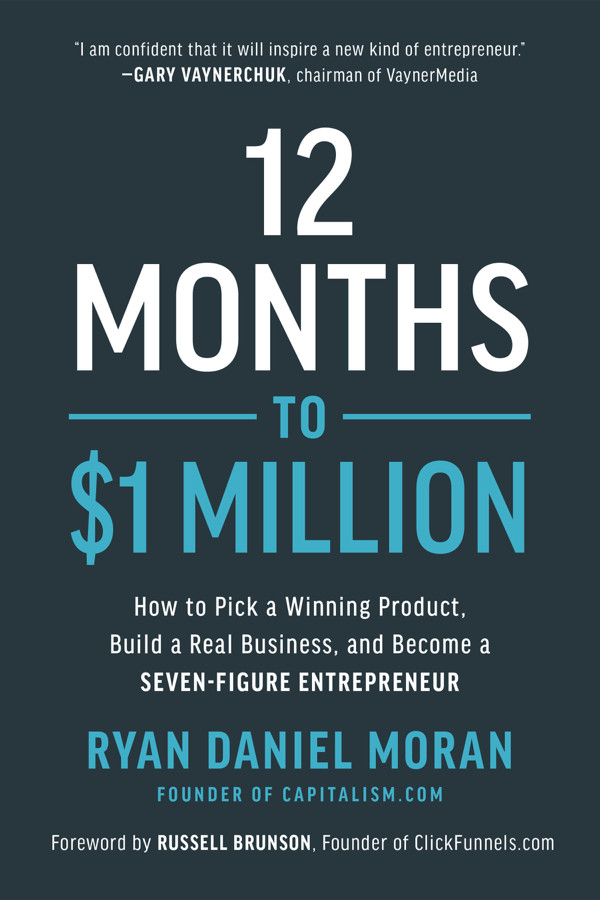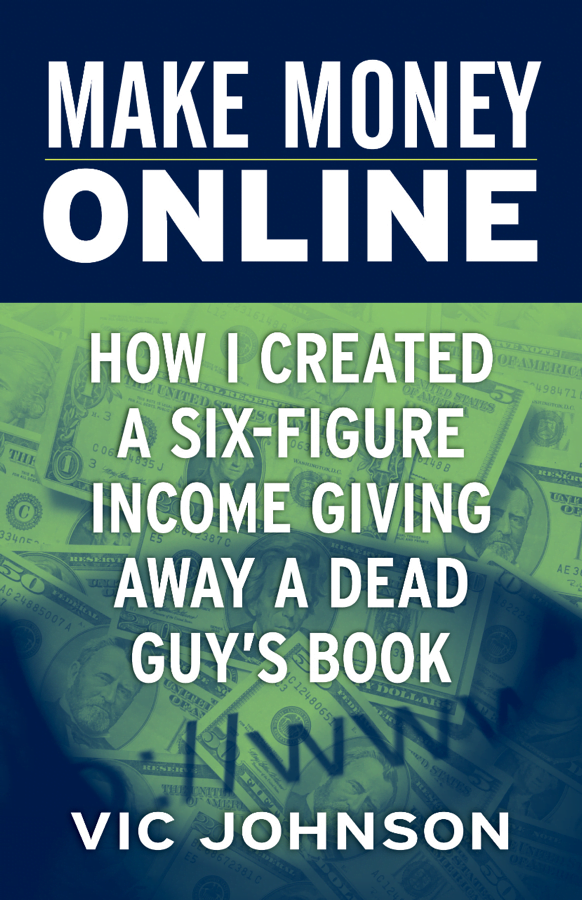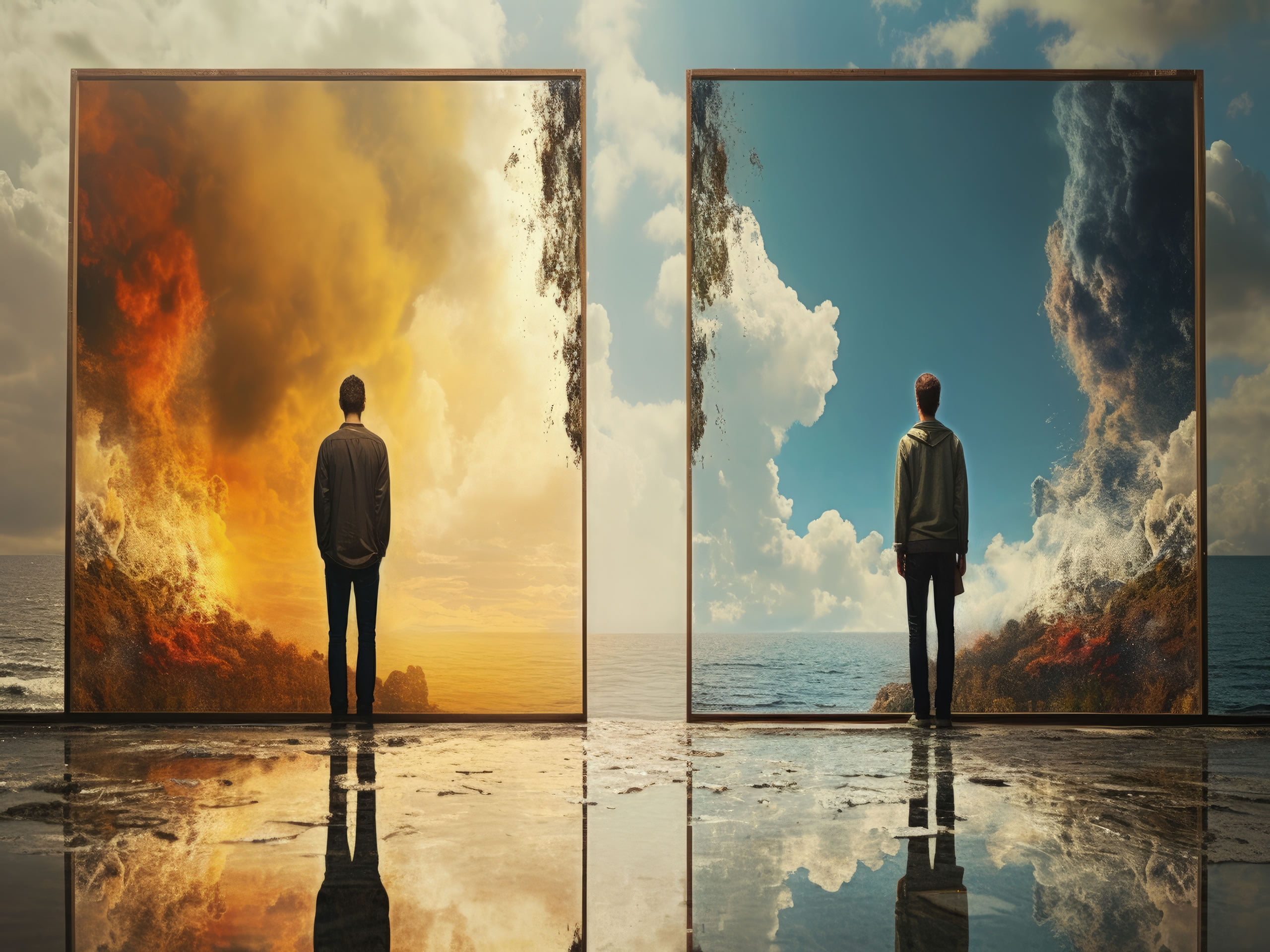
What If Pretence Was Reality?
Welcome back to The What If Series, where we dive into intriguing hypothetical scenarios that challenge our understanding of the world. Today, we explore a fascinating concept: What if pretence was reality? Imagine a world where every act of deception, every mask we wear, and every little white lie became true. How would this shape our lives, our society, and our very understanding of truth?
The Nature of Pretence
Pretence is a fundamental aspect of human behaviour. From childhood, we learn to navigate social situations by sometimes pretending to be something we are not. Whether it’s to fit in, to impress, or to protect ourselves, pretence serves as a tool for managing our interactions with the world. But what if these acts of pretence didn’t just affect perceptions but changed reality?
Social Dynamics: A World Transformed
In a world where pretence becomes reality, social dynamics would be radically different. Imagine a job interview where claiming to have expertise in a particular field instantly grants you that expertise. The workforce would be populated by individuals whose skills are shaped by their declarations.
Confidence and charisma would become paramount, as self-promotion would directly translate to capability. This could lead to a society where outward appearances and bold assertions are more valued than experience and knowledge.
Relationships and Trust
Relationships rely heavily on trust and authenticity. In a world where pretence becomes reality, these concepts would be constantly in flux. If anyone could change reality through their words, determining someone’s true intentions and feelings would be incredibly challenging.
The very notion of “knowing” someone would be fraught with uncertainty. This could lead to a deeper emphasis on finding and maintaining genuine connections, as authenticity would become a rare and precious commodity.
Economic Implications
The economy in a world of pretence-made-real would be both fascinating and chaotic. On one hand, the ability to create wealth or skills simply by claiming them could eliminate poverty and democratize opportunities. On the other hand, it could result in economic instability and a devaluation of genuine expertise and innovation. Markets could become erratic, influenced by the ever-changing realities shaped by individuals’ declarations.
Ethics and Morality
The ethical landscape in such a world would be complex. Honesty, already a nuanced moral principle, would take on even greater significance. Society would need to develop new ethical frameworks to navigate this reality.
Would it be ethical to claim credentials you haven’t earned if they become true? What about pretending to be someone else for personal gain? These questions would necessitate a reevaluation of our ethical principles to accommodate the fluid nature of truth and falsehood.
Art and Culture
Art and culture, which thrive on imagination and representation, would be profoundly impacted. In a world where pretence becomes reality, artists could create entire worlds and experiences with their words alone. This could lead to an explosion of creativity and new forms of artistic expression.
However, it might also blur the line between reality and fiction to the point where the value of creativity itself is questioned. If every imagined scenario becomes real, the uniqueness of artistic vision might be diminished.
Conclusion: Embracing the Paradox
A world where pretence becomes reality presents a captivating paradox. It offers limitless opportunities and daunting uncertainties. It challenges us to rethink the nature of truth, the importance of authenticity, and the foundations of our ethical beliefs. While it could foster a more dynamic and adaptable society, it also threatens the stability and trust that underpin our social structures.
This thought experiment reminds us of the delicate balance between our perceptions and reality. Pretence, in its current form, helps us navigate life’s complexities. Yet, it is the distinction between reality and illusion that gives the depth and meaning of our experiences. Perhaps the ultimate takeaway is to value both our authentic selves and the masks we sometimes wear, recognizing the role each plays in shaping our identities and interactions.
Join us next time on The What If Series as we explore another fascinating scenario that challenges the boundaries of our imagination and understanding.
Related Posts
July 14, 2024
Alison: Your Source for Free Online Courses in Various Fields
Free online courses on Alison.com can significantly enhance your earning potential by equipping you with…
May 16, 2024
Review About BlockDAG & How It Will Impact The Crypto World
Earn Big with BlockDAG ($BDAG)! Refer friends and family to join the most advanced blockchain…
February 16, 2025
Emerging Passive Income Opportunities in 2025
Passive Income Opportunities in 2025 The landscape of passive income is evolving rapidly, driven by…
January 4, 2025
How to Start Your ClickBank WordPress Business: A Beginner’s Guide
Start Your ClickBank WordPress Business Introduction: Starting an online business can be lucrative, especially when…
December 6, 2024
Boost Sales with AI E-commerce Optimization Made Easy
AI E-commerce Optimization: Business Ideas to Maximize Profits with AI An AI-powered cheat or “hack”…
December 5, 2024
Unlocking the DNA of Emerging Cryptocurrencies: A Guide to Building a Future-Proof Portfolio
Dive into the world of emerging cryptocurrencies beyond the mainstream giants like Bitcoin and Ethereum.…





